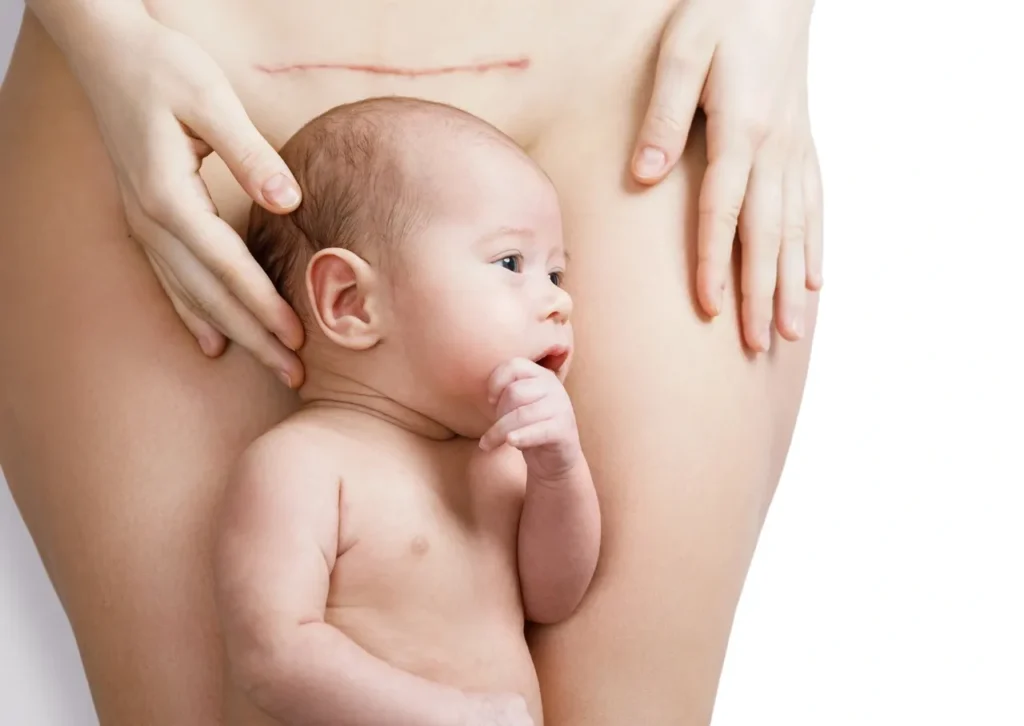The Ayurvedic Perspective on Birth Trauma and PTSD

The Ayurvedic Perspective on Birth Trauma and PTSD
The recent Birth Trauma Awareness Week inspired us to also shed light on this important topic that often goes unnoticed amidst the joys of welcoming a new life. Birth trauma can have a profound impact on new mothers, leaving lasting emotional imprints that may lead to post-traumatic stress disorder (PTSD). As we share the Ayurvedic perspective on trauma and PTSD, it is crucial to stress the significance of seeking help and specialised treatment for birth trauma, and not just encouragement or cheering up.
Understanding Birth Trauma
The Birth Trauma Association defines birth trauma as post-traumatic stress disorder (PTSD) after childbirth. Many women experience symptoms of PTSD without meeting the full diagnostic criteria. These symptoms include distressing flashbacks, nightmares, avoidance of trauma reminders, hypervigilance, and feelings of guilt and unhappiness. From an Ayurvedic standpoint, all doshas play a role in developing trauma. Sadhaka Pitta perceives, feels, judges and evaluates the situation. Prana Vata then carries these emotions through our channels until the trauma (like all other experiences) gets stored as imprints in Tarpaka Kapha (the white matter of our nervous system).
Ayurvedic Approaches to Healing Trauma
When emotions are unprocessed, they can lodge in deep connective tissues and organs and create “negative” imprints and behavioural patterns called samskaras and resulting in fear, anxiety, anger, or PTSD.
Ayurvedic Therapies like pranayama or Nasya can help dissolve these imprints and the associated emotions. These therapies target the lymphatic system in our brain, which can get blocked or constricted by traumatic experiences, lack of sleep and other factors. The build-up of toxins in the brain caused by this blockage can compromise our cognitive and emotional well-being. The practice of pranayama helps reduce stress and anxiety, promoting mental clarity and balance and aids with lymphatic drainage in the brain. Nasya can help in clearing brain congestion, fostering emotional grounding and relaxation. In this way, Ayurveda can serve as a support to psychological therapy in overcoming trauma.
Depending on what imbalances are identified, there are many more treatments Ayurveda has to offer for soothing the nervous system like Abhyanga massage or Shirodhara. After birth women are particularly vulnerable as Vata is significantly increased. Therefore, we aim all our postpartum treatments at balancing and soothing Vata in the mind and body.

The Power of Preparedness
In Ayurveda, preparing for childbirth is not just a physical process but a transformative journey encompassing emotional and mental well-being.
Ayurvedic therapies like abhyanga and yoni picchu, involving warm medicated oils, make muscles and tissues more supple, easing the birthing process while nurturing the mind and emotions. Garbhsanskar sessions, incorporating mantras, visualisations, and brain exercises, foster the connection between mother and unborn child and create a positive and nurturing environment for both.
The Role of Support
Often not WHAT happens to us but HOW we experience it, is what causes psychological trauma. Research indicates that the way medical staff deal with a difficult birth experience can significantly impact a woman’s mental health outcome. Negative and dismissve comments may exacerbate trauma, making support during childbirth crucial. Doulas can act as a buffer between the mother and medical staff, providing valuable emotional and psychological support.
Birth trauma awareness extends far beyond a designated week; it is an ongoing commitment to educate ourselves and others about the significance ofi mental health during the perinatal and postnatl period. Ayurveda offers a compassionate and holistic approach to address birth trauma, empowering mothers to navigate the journey of motherhood with strength and resilience.
By nurturing the mind, body, and soul, we can ensure that every birthing experience is one of love, care, and empowerment. Let us come together as a community to create a supportive environment where the profound transformation of motherhood can be embraced with grace and healing. Remember, seeking professional help and specialised treatment for birth trauma is essential to support mothers on their path of recovery.



